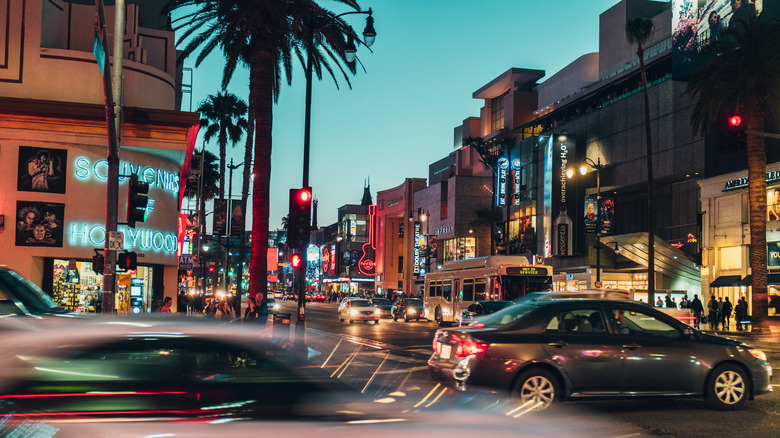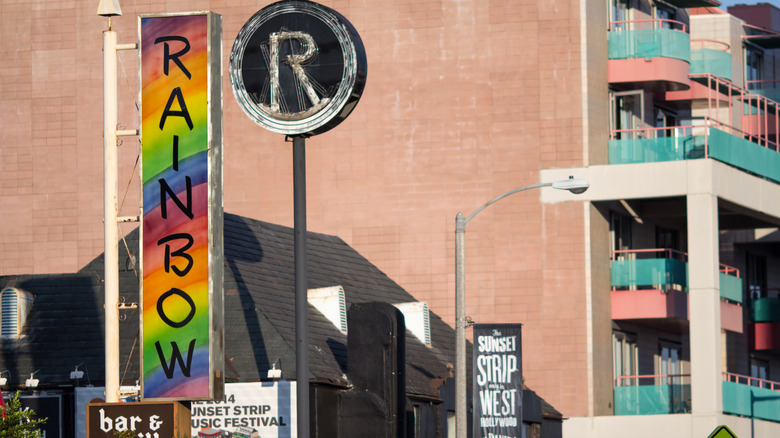Southern California's Nightlife Is About To Change In A Big Way
Southern California is famous (and sometimes infamous) for its lively nightlife scene. From Los Angeles to Palm Springs, as well as in Cathedral City and other locations, residents come alive when the sun goes down — and championing the area's world-class nightclubs and bars is what led to changes advancing through California state committees at the end of June 2022.
Senator Scott Wiener, a supporter of new legislation expected to change California nightlife in a big way, states that venues serving alcohol deserve a fighting chance to recuperate from losses incurred during the COVID-19 pandemic. Noting that hospitality businesses have yet to regain their status prior to March 2020, Wiener hails the new bill as an authentic way to bolster nightlife and related segments ranging from music to tourism and culture. He also touts positive effects on small businesses, marginalized communities, and middle-class jobs (via Eater).
So, what kind of change could possibly do all that with a simple optional policy enacted by local California cities? It's called SB 930 and it sailed through the Assembly Committee on Governmental Organization on June 22 and is currently marching toward the Assembly Appropriations Committee.
Late-night SoCal poised for change
Nicknamed California's late-night bar bill, per Eater, SB 930 creates a pilot program allowing seven designated cities to extend alcohol sales for an additional two hours in qualifying licensed venues. Current California law forbids anyone to sell, give, deliver, or purchase any kind of alcoholic beverage between 2 a.m. and 6 a.m., per the SB 930 summary text posted by FastDemocracy. This new bill would allow alcohol sales to continue from 2 a.m. through 4 a.m. Chosen Southern California cities for the program include Palm Springs, West Hollywood, Coachella, and Cathedral City, while inland and northern cities include Fresno, Oakland, and San Francisco.
It's important to note that extended alcohol sale hours is optional in those cities, with each having considerable flexibility for applying the law, explains Senator Weiner's website. For example, cities can opt out of SB 930 entirely, choose to extend hours only on certain days, and can narrow approval to designated city sections or streets. Cities choosing to participate must enact a variety of safety and awareness plans ranging from transportation to community outreach, impact reports, and law-enforcement agreements. The West Hollywood City Council already voted on June 27 to extend the bar hours, pending final passage of the state bill, notes Secret Los Angeles.
Similar legislation has failed at least four times in California, reports PR Newswire. And the bill has its detractors, including Alcohol Justice, who highlights a recent increase in national alcohol-related deaths.

